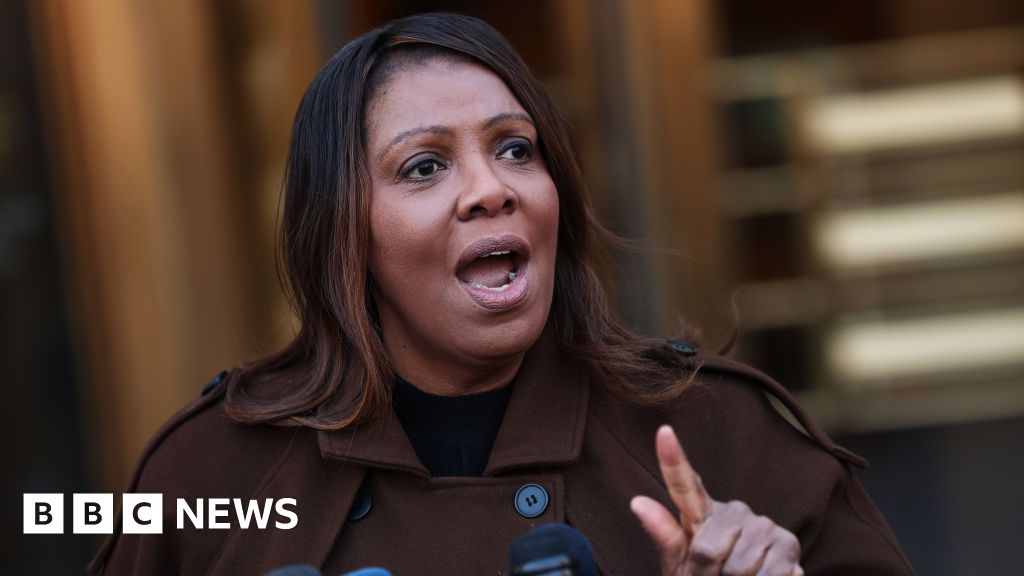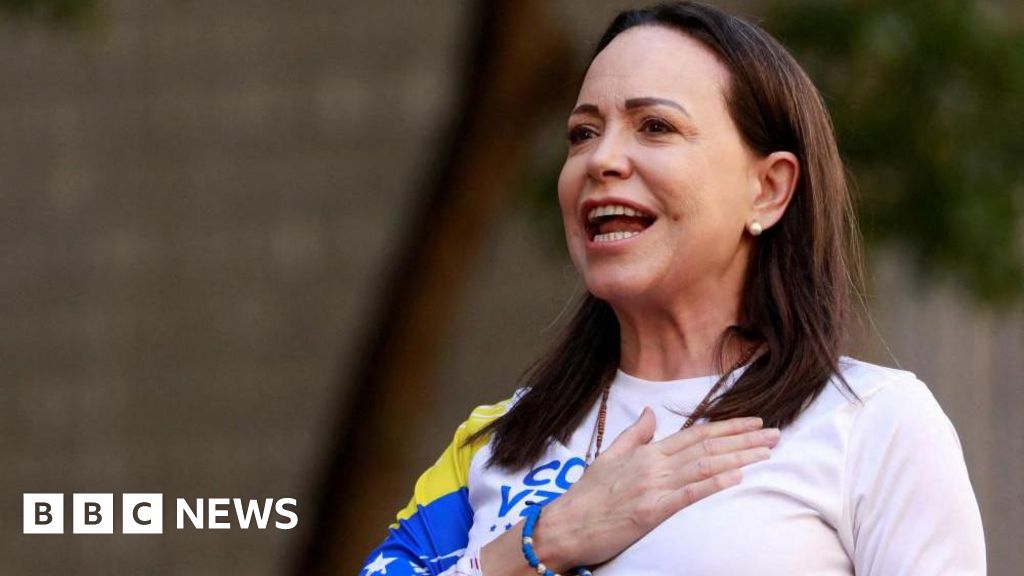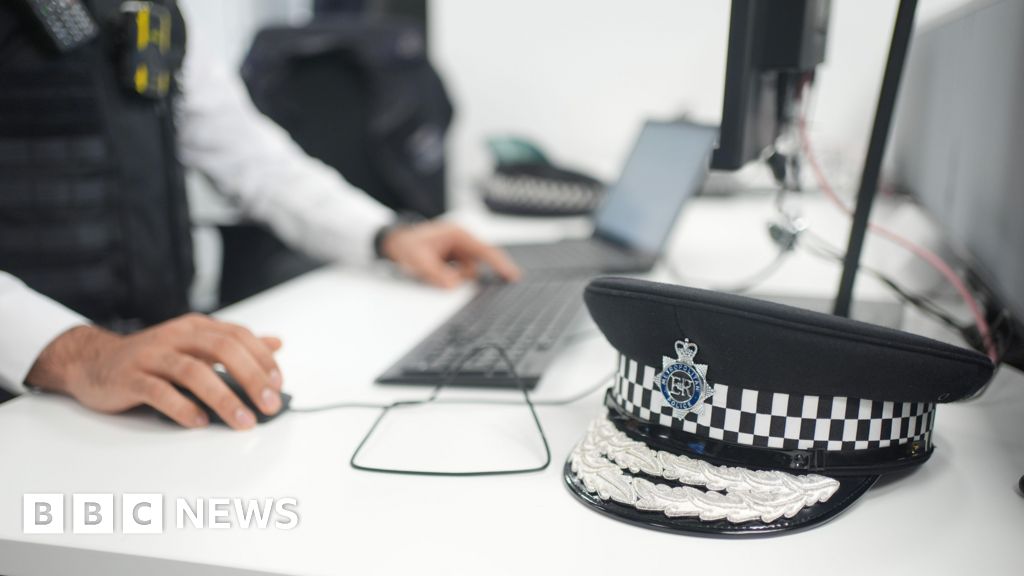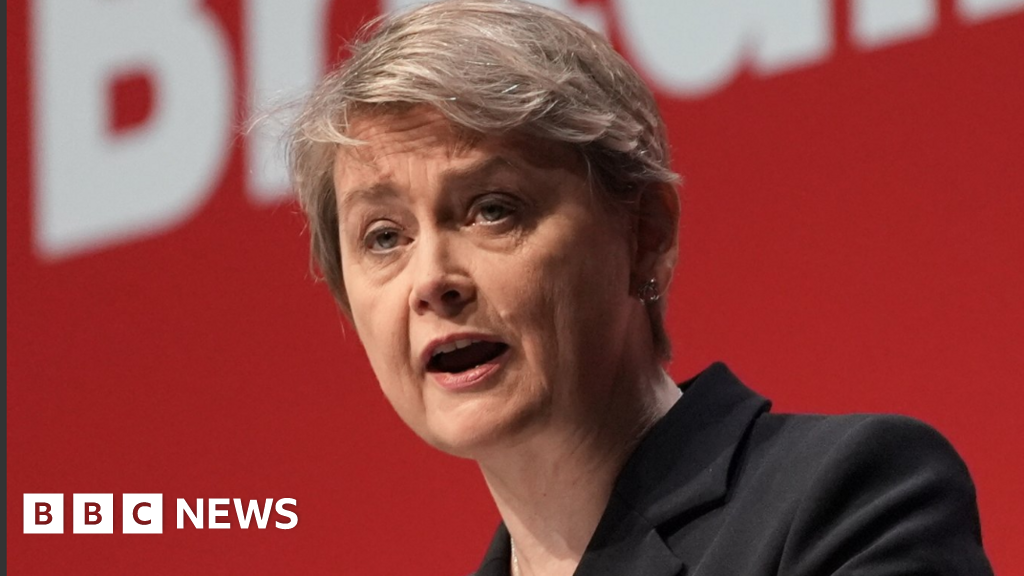Alison BenjaminBBC Verify and
Guy LynnBBC London Investigations
 Getty Images
Getty ImagesAirbnb told the BBC it acted on reports from local authorities when hosts evade rules and its policies
Landlords are creating multiple listings for properties on Airbnb, helping them avoid limits on short-term lets, BBC research suggests.
In the capital, homes can be let - often to tourists - for up to 90 nights a year without planning permission, a rule meant to protect London's housing supply.
But many landlords are creating multiple listings for the same property, switching to a new one once the limit is reached in order to unlawfully keep renting the property for short-term lets all year.
One local council said it was creating a "mockery" of the law but Airbnb said it acted on reports from local authorities when hosts evaded rules.
London - one of Airbnb's largest markets in the world - is the only area in the UK which restricts lets to tourists for a maximum of 90 days.
The policy is designed to enable people to earn a bit of extra money from their homes when not in use, while protecting rental housing supply for people like Ciaron Tobin.
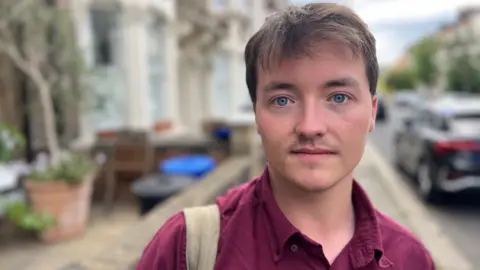
Ciaron Tobin is on the hunt for a flat-share
The 22-year-old is preparing to move to London to begin a law degree while working part-time, but has been struggling to find an affordable home near his workplace to share with friends.
"Properties are simply too expensive for what I can earn in London, especially given where I need to commute," he said.
"Prices are now outside of what I can afford. With Airbnb, supply is decreasing and the prices are rising."
Airbnb disputes its impact on rental prices, and many landlords have criticised the 90-day legislation, saying it imposes too many controls.
Identical images
To get a snapshot of the current situation, BBC Verify developed photo-matching software which analysed images from 37,000 adverts for "entire" homes on Airbnb in London on a single day.
The investigation found about 1,300 listings had reused identical images - such as the same furniture, rooms and decor - from other supposedly unique listings.
The software flagged a larger number - about 1,700 - but after manually reviewing a sample we removed a quarter that were likely to be legitimately reusing photos, such as stock images of London, or multiple flats in one building.
The findings suggest hosts are widely using a known method for dodging the 90-day rule, allowing them to extend short-term rentals beyond what the law permits by creating duplicate listings which have not been picked up by Airbnb.
A previous BBC investigation found some property firms were touting tactics such as changing addresses or re-photographing the same house.
Airbnb said it used software featuring an inbuilt "counter" to stop anyone from renting out short-term lets for longer than 90 days, and that duplicate listings of the same property to evade enforcement were in breach of its terms.
The counter begins from the moment a property is listed.

Councillor Adam Hug, the leader of Westminster City Council, said the situation "made a mockery" of London's short-stay restrictions
"Duplicate listings make it much harder for our teams to track down those who are breaking the rules, making such misery for local residents and taking homes out of the housing market," said Adam Hug, leader at Labour-controlled Westminster City Council.
He said the situation "made a mockery" of London's short-stay restrictions.
The council is currently investigating about 2,700 properties for alleged breaches of the 90-day limit.
The main way councils tackle landlords who break the rules is by issuing an enforcement notice. Ignoring one is a criminal offence and can lead to prosecution and an unlimited fine.
A spokesperson for the Greater London Authority said the BBC's findings revealed how "illegal short-term lets pile pressure on supply at a time when affordable housing is desperately needed".

In just one day, the BBC found almost 1,300 copycat listings of seemingly unique "entire" properties
The BBC shared its methods and findings with Airbnb and offered an on-camera interview for the company to respond which was declined.
Airbnb said it was "disappointed" the BBC had not shared its evidence in raw data form so it "could look into the claimed findings".
It said it was the only platform that automatically capped listings in Greater London at 90 nights unless hosts had permission to exceed the limit and that it acted on reports from local authorities if rules were evaded.
It argued that short-term lets made up only a tiny fraction of London's housing stock, had little impact on overall affordability, and emphasised its contribution to tourism, claiming it supported 16,800 jobs and added £1.5bn to the capital's economy in 2023.
There are several other short-term letting platforms, but Airbnb is by far the largest.
The Department for Culture, Media and Sport said it was developing a registration scheme for short-term lets in England.
The Short Term Accommodation Association said it wanted "clear fair, rules", adding that a registration scheme would "give the sector the tools to work with councils to deal quickly with bad practice such as duplicate listings".
Airbnb told the BBC it was working with the government on implementing the scheme.
Elsewhere in the UK, Scotland requires a licence to operate, with similar plans under way in Wales.
In Northern Ireland, anyone offering tourist accommodation must already be certified by Tourism NI.
Globally, cities such as New York and Santa Monica in California tightly restrict such lettings through licensing and have a requirement for hosts to be on-site, while Barcelona is planning a total ban on short-term rentals from 2028.
Additional reporting by Kris Bramwell & Stephen Menon
More from the London and East Investigations team


